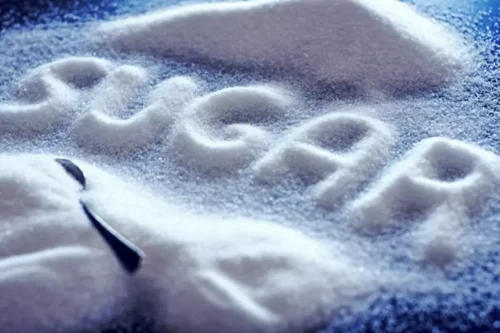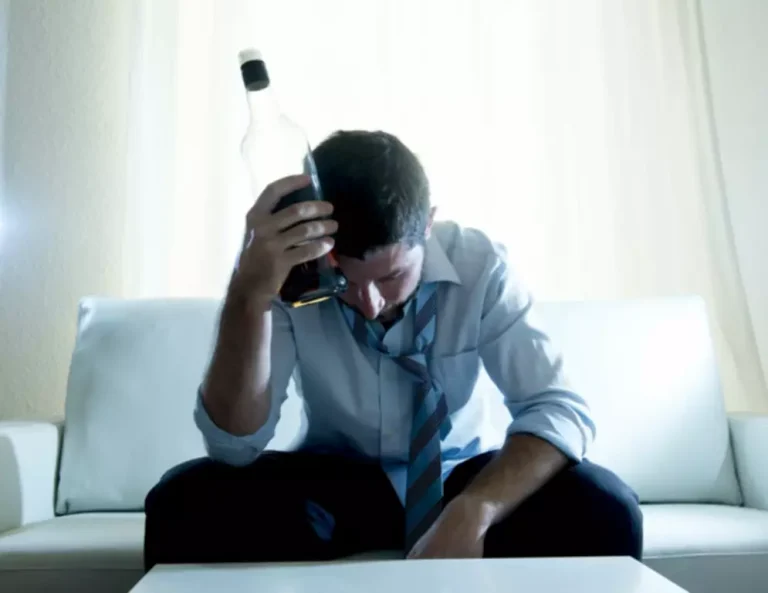Sober living
Cialis and Alcohol: Is it Safe?

Because alcohol is toxic, the more often the liver has to process it, the more likely that it will become damaged. This condition results from =https://ecosoberhouse.com/ poor blood flow or already having other forms of eczema, both of which can stem from a history of alcohol use. Alcohol consumption, especially in larger quantities, can greatly alter your normal sleeping patterns, contributing to the appearance of dark circles.
Babyliss Wave Secret Air Hair Curler Review: Can this high-tech gadget deliver a shiny result?
Reducing alcohol intake is one of the most effective ways to protect your skin. Following the recommended guidelines for moderate drinking—up to one drink per day for women and up to two drinks per day for men—can significantly reduce the risk of skin damage. Abstaining or cutting back on alcohol allows your skin to recover and maintain its natural health. To stay hydrated while drinking alcohol, it’s important to drink plenty of water before, during, and after consuming alcohol. This will help to counteract the dehydrating effects of alcohol and keep your skin looking and feeling its best. Alcohol-related liver disease, a consequence of prolonged alcohol use, can also manifest in the skin.
How we reviewed this article:

Some apparent allergic reactions to alcohol are due to inherited defects in alcohol metabolising enzymes or allergy to other contents or additives in the drink such as colouring agents, preservatives, or flavouring. Seborrhoeic dermatitis has been observed to be more frequent in heavy drinkers. And for those who aren’t entirely interested in giving up drinking, a few simple steps can help protect your complexion. They may be able to provide emotional support or help with finding solutions. Also known as nummular dermatitis, discoid eczema occurs more often in people who misuse alcohol, especially if they have liver problems. Alcohol consumption is the most common cause of porphyria cutanea tarda (PCT).
- The festive season is in full swing, which means our diaries are quickly filling up with Christmas parties and year-end celebrations.
- Dr Liakas explains, “Once one decides to stop drinking or cut down on the consumption of alcohol in general, it can have great positive impacts on your skin. The skin will look more hydrated, plumper and brighter.”
- “As alcohol is a diuretic, meaning that it actively draws water away from the body, significantly lowering the body’s water level,” she goes on to explain.
- Seborrhoeic dermatitis has been observed to be more frequent in heavy drinkers.
Why your make-up isn’t working with winter skin – and what to use instead

Dehydrated skin can appear dull and aged, and it may exacerbate existing skin conditions like eczema or psoriasis. However, for skin conditions related to AUD, liver disease, or excessive alcohol consumption, the best preventive measure is to stop drinking alcohol. Clinicians have long observed an association between excessive alcohol consumption and adverse immune-related health effects such as susceptibility to pneumonia. Drinking small amounts of wine, especially red wine, may improve circulation, leading to better blood flow to the skin.
- It also acts as a vasodilator, which can over-dilate your blood vessels and cause your face to look flushed and puffy.
- The effects can be immediate and visible, as Nicky Negi from Himachal Pradesh notices on her skin.
- Alcohol is a known trigger for rosacea flare-ups and can worsen symptoms in those who already have the condition.
- It is essential to recognise these effects to fully grasp the implications of alcohol consumption on skin health.
- Alcohol consumption can influence the production and health of these proteins.
How to Protect Your Skin While Drinking Alcohol
We know it’s tempting to climb straight into bed after a late night, but your skin will thank you for giving it the attention it needs. The antioxidants found in beer are limited and it should still be drunk in moderation. Dark spirits, such as whiskey and brandy, contain congeners – chemicals such as tannins and methanol which are created in the fermentation process – and these make hangovers worse. In fact, dark spirits generally make for the worst hangovers and are the worst culprits for bad skin. With Dr Ana’s help, we’ve ranked different types of alcohol from worst to best for your skin below. “Alcohol is known to dehydrate the skin, depriving it of the moisture and nutrients it needs to keep our complexion looking radiant, supple and youthful,” says Dr Rita Rakus, Cosmetic Doctor.
As with all things in life, moderation is key and there are things you can do to negate the effects of alcohol on your skin. ‘The NHS recommends no more than 14 units a week,’ says Dr Phillips, who also recommends going easy on the Substance abuse sugary cocktails and downing water in between drinks to boost hydration. Habitual and excessive consumption of alcohol speeds up the ageing process of the skin – it causes dehydration, nutrient depletion and an increase in oxidative stress. “This causes fine lines, deep wrinkles and loss of skin elasticity,” says Dr Davis.

If you’re struggling with alcohol use, but are having a difficult time cutting back, Ria Health offers resources how alcohol affects your skin that can help. We offer medical support, regular coaching sessions, prescription anti-craving medication, and more—all from your smartphone. According to Centers for Disease Control (CDC), moderate drinking means up to one drink per day for women, or two drinks per day for men. But depending on your situation, you may choose to drink less than this. At Pinnacle Peak Recovery we offer addiction treatment and mental health facilities in Arizona that improve people’s lives and make healing possible from trauma, mental health, and co-occurring substance use disorders.
